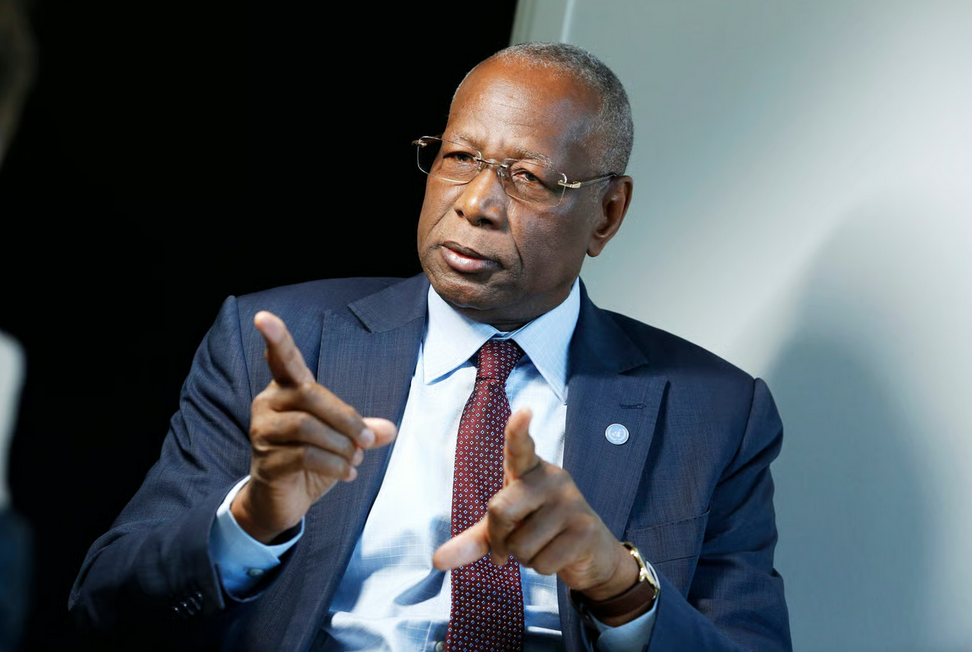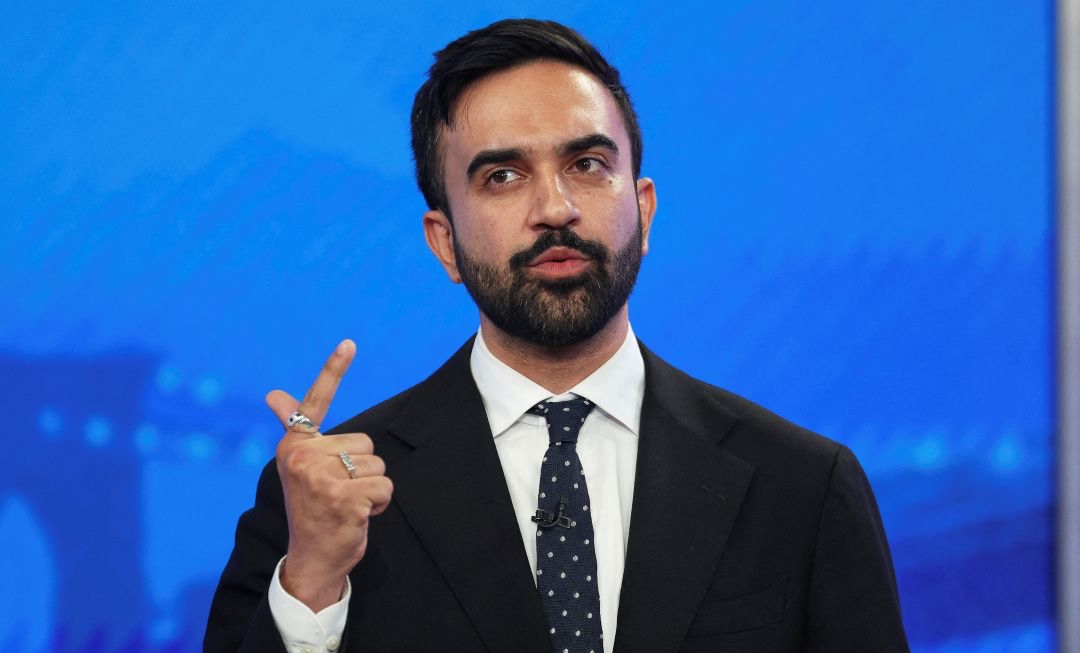Gambiaj.com – (DAKAR, Senegal) – New York’s newly elected Democratic mayor, Zohran Mamdani, may be widely known in U.S. political circles for his progressive views, outspoken support for Palestine, and firm stance against President Donald Trump. But according to Senegalese diplomat Abdoulaye Bathily, the story of Mamdani’s political identity reaches far deeper, into Africa’s anti-colonial liberation history.
In an interview with RFI on November 10, Bathily, who serves as President Bassirou Diomaye Faye’s special envoy for international affairs, recounted his decades-long relationship with the Mamdani family and traced the new mayor’s ideological roots to the Pan-African movements of the late 20th century.
Mamdani, 34, was born in Kampala, Uganda, to a family shaped by political exile and activism. In 1979, Bathily met Mahmood Mamdani, Zohran’s father, at the University of Dar es Salaam, where he had taken refuge after fleeing the dictatorship of Idi Amin Dada, who had expelled Uganda’s Asian population.

“Dar es Salaam was, at that time, a meeting ground for African intellectuals and liberation movements,” Bathily recalled. “There were future leaders such as Yoweri Museveni and Paul Kagame. We discussed the future of the continent, the fight against apartheid, and the fight against colonialism.”
This environment, Bathily emphasized, shaped Mahmood Mamdani into a leading thinker of African independence struggles—what would today be termed a Pan-Africanist. It is a legacy his son has inherited.
Zohran’s middle name, Kwame, is deliberate: a tribute to Kwame Nkrumah, Ghana’s independence leader and central figure in the Pan-African movement.
Born after his parents returned to Uganda in the early 1990s, Zohran grew up immersed in political thought.
Bathily recalls accompanying the family to Dakar in 2007, where a young Zohran visited Gorée Island, a symbolic memorial of the transatlantic slave trade. Later, his academic work would reflect the same anti-colonial commitment, with a thesis dedicated to Frantz Fanon and Jean-Jacques Rousseau.
His political consciousness is also shaped by his mother, Mira Nair—the internationally acclaimed filmmaker behind Salaam Bombay! “She has strong political convictions,” Bathily noted. Together, Mira Nair and Mahmood Mamdani formed what Bathily described as “a couple committed to Africa, Asia, Palestine, and progressive world causes.”
When Zohran became a U.S. citizen in 2018, he intentionally retained his Ugandan nationality. “This attachment to Africa is not artificial,” Bathily emphasized. “Mahmood is deeply connected to Uganda and to the continent, and this continues through his son.”
Their Muslim faith is another cornerstone of the family’s identity and activism.
Bathily argues that this legacy directly informs the new mayor’s vocal solidarity with the Palestinian people, a continuity of the internationalist positions held by African progressive circles during the era of anti-apartheid mobilization.
Today, Mahmood Mamdani, now a professor emeritus at Columbia University, continues to travel across Africa, remaining connected to the intellectual and political networks formed nearly fifty years ago.
As Zohran Mamdani steps into his role as mayor of one of the world’s most influential cities, Bathily suggests that his leadership will not be shaped solely within the American political landscape, but by a long, intergenerational struggle linking New York to Kampala, Dar es Salaam, Dakar, and beyond.










